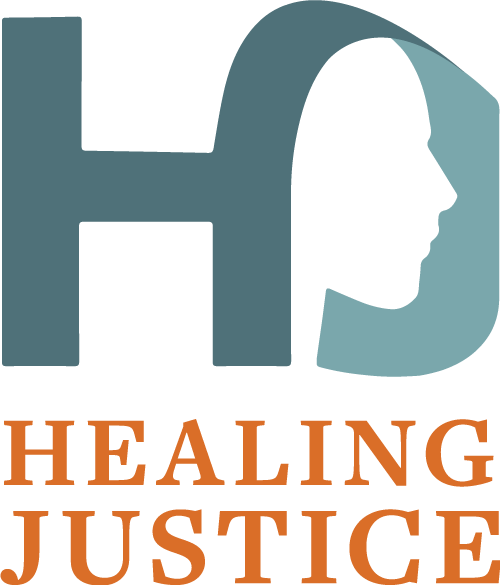Practicing Restorative Justice in Wrongful Conviction Cases
Healing Justice was founded on the principles of restorative justice and incorporates those principles in all of our work.
Unlike criminal justice, which is focused on the person accused of a crime, restorative justice was designed to address the needs of crime victims and survivors and to empower them to achieve emotional healing. Restorative justice is not a specific model; instead it is a set of guiding principles that focuses not on retribution but on repairing damage and restoring relationships.
Our criminal justice system asks the following questions: What law was broken? Who broke it? What punishment is deserved? In contrast, in restorative justice we ask: How were you harmed? What do you need? Whose obligation is it to meet those needs?
Our Founder, Jennifer Thompson, pioneered the use of restorative justice in her own case through building a friendship with the innocent man who was wrongly convicted and later exonerated. Understanding the healing and restorative value of this experience, she later teamed up with now-Board member David Onek (then with the Northern California Innocence Project) to apply her experience to other cases. Together, they brought in renowned restorative justice practitioner sujatha baliga to help design and lead the first program in 2014 and to train our Healing Justice staff shortly thereafter.
As we grow and expand our reach, we continue to work with restorative justice professionals around the country to help us develop our approaches and program services, including Kay Pranis, who serves as an advisor to our work. And though our restorative justice programs have evolved in many ways, we remain true to the very first one we designed years ago.
To date, we have hosted 10 in-person restorative justice gatherings to date for crime survivors, exonerated individuals, and family members of both. During the pandemic, we have continued to offer restorative justice opportunities virtually, through video. We love hosting these uniquely restoring events and hearing the feedback from those who have participated. As one crime survivor described:
"I was initially apprehensive about the concept of bringing survivors and exonerees together. It has proved to be real genius. I feel like we are all left with a better understanding of the harm we have suffered through, the failures of our imperfect criminal justice system."

